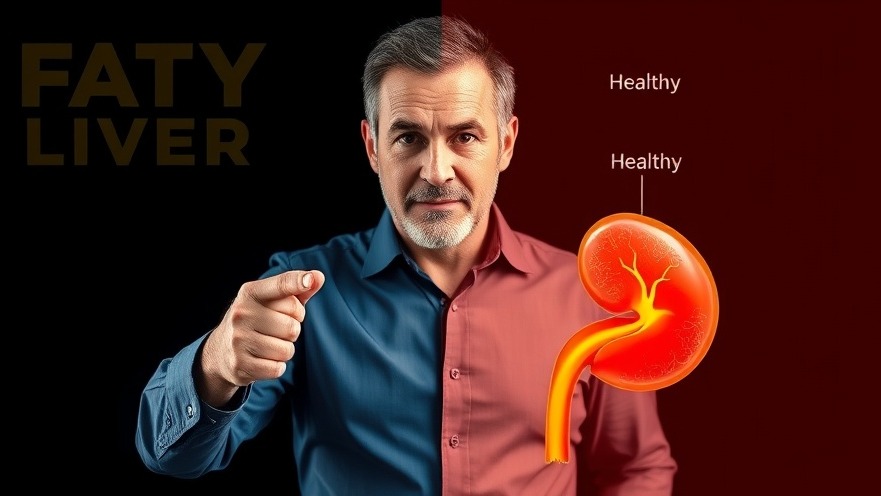
Are Seed Oils Really Bad for Your Health?
Understanding the role of fats in our diets can often feel overwhelming, especially with conflicting information surrounding oils we commonly use in cooking. Seed oils, often the go-to choice in many households, are derived from seeds such as canola, sunflower, and soybean. But are they truly harmful to our health? As health and wellness enthusiasts, it’s essential to explore the implications of these oils compared to traditional fats like olive oil and butter.
Historical Context: The Rise of Vegetable Oils
Historically, the use of vegetable oils skyrocketed in the 20th century, paralleling the rise of processed foods. These oils were touted for their low cost and extended shelf life, making them a popular choice in households and restaurants alike. However, this surge led to an increase in omega-6 fatty acids in our diets, which some studies suggest can promote inflammation. Understanding this background helps contextualize current debates and health recommendations.
Why Olive Oil Is a Healthier Choice
When considering oils, olive oil stands out as a superior alternative due to its rich content of monounsaturated fats and antioxidants. Research indicates that these characteristics can contribute to heart health, reduce inflammation, and potentially lower the risk of chronic disease. One particularly compelling study published in the New England Journal of Medicine highlighted that those who consumed a Mediterranean diet, rich in olive oil, showed significant health benefits, notably a reduced risk of cardiovascular issues.
Common Misconceptions About Butter
Butter, often demonized due to its saturated fat content, actually provides several health benefits when consumed in moderation. Studies suggest that the type of saturated fats found in butter may not have the same adverse effects as previously thought. Additionally, butter is a rich source of fat-soluble vitamins and butyrate, a fatty acid with anti-inflammatory properties. Re-evaluating butter's role within a balanced diet may lead to embracing it once again in the kitchen.
Practical Insights: Making Healthier Choices
With the landscape of oils continuously evolving, it’s essential to make informed choices in the kitchen. Here are practical tips you can apply:
- Use Olive Oil for Dressing and Low-Heat Cooking: Its flavor enhances dishes while offering heart-protective benefits.
- Limit Seed Oils: Whenever possible, try to substitute seed oils with healthier options during cooking and food preparation.
- Don’t Fear Fat: Embrace healthy fats like butter and coconut oil in moderation to enjoy their benefits without guilt.
Insights on the Future of Cooking Oils
The future of culinary practices may witness a gradual shift toward greater awareness about oils’ effects on health. As consumers become more health-conscious, producers are likely to respond by offering better options. Expect to see a rise in innovation, such as oils derived from healthier sources and more transparent labeling, assisting consumers in making informed decisions.
Decisions You Can Make Today
The dinner table is often where significant health choices occur. Shift your cooking habits by gradually incorporating healthier oils and eliminating harmful seed oils from your pantry. Pay attention to what you buy, and consider exploring local farmer's markets for higher-quality oils and organic options.
Total wellness is within reach, and with a thoughtful approach to cooking oils, you can take an essential step toward a healthier lifestyle.
 Add Row
Add Row  Add
Add 




 Add Row
Add Row  Add
Add 

Write A Comment